Iran’s logic & broken US master key in Vienna talks
By Faezeh Akbarshahi
Only 131 days were enough for the United States to realize that the shift in Iran’s position regarding the negotiations is serious. On July 29, 2021, a week before the administration of President Ebrahim Raeisi took office in Iran, US Secretary of State Antony Blinken said the negotiating “process cannot go on indefinitely.” On November 31, 2021, after the conclusion of the first round of talks, he stated, “We still believe diplomacy is the best path forward for putting the nuclear program back in the box it had been in under the [2015 nuclear] agreement,” officially known as the Joint Comprehensive Plan of Action (JCPOA). On January 10, Mohammad Marandi, an advisor to the Iranian negotiating team in Vienna, told Press TV that the Western side is seeking to prolong the negotiations.
Over the course of 131 days, only two rounds of negotiations took place, but the remarks by Blinken and Marandi show that there are events underway in Vienna which are not covered by the media.
American political history shows that Democrats have a thirst for keeping busy. In their view, there is no master key and each case and subject has its own requirements. Republicans, on the other hand, do not like the fuzzy logic system and look at things in terms of ones and zeros. Remember comments by former US president George W. Bush, who called the world “either with us or against us” and Donald Trump, who has always embodied good and evil in diplomatic equations.
In the face of Iran, however, US President Joe Biden does not want negotiations only to resolve nuclear and sanctions disputes with Iran. He is trying to seize the opportunity provided by the talks to get concessions from China, whose Belt and Road Initiative has extended even to the occupied territories, and Russia, which has contained Kazakhstan’s color revolution. But, now Biden’s master key is broken and he has no alternative plans other than doubling sanctions.
JCPOA facilitator of Iran containment policy
On the other hand, the European trio is dragging its foot, wasting time and avoiding commitments to the JCPOA while attempting to redraw the equations in such a way that, first of all, the US interests are not harmed by the multilateral nuclear accord. As Iranian scholar Abumohammad Asgarkhani said, “The Republicans were seeking to swiftly contain Iran and withdrew from the JCPOA so that the Europeans could keep the Islamic Republic in the JCPOA prison.”
In this regard, the US appreciation for the measures taken by the International Atomic Energy Agency (IAEA) and the European trio concerning Iran’s nuclear case is meaningful. The Europeans are also trying to advance the negotiations mechanism in such a way as to get concessions from China and Russia as well. The rifts between Germany, Britain and France on the one side and the European Union on the other side show that the European trio views the negotiations with Iran even as a profit-making platform that makes the post-Brexit system meaningful. The differences between the narratives of Enrique Mora and Joseph Borrell, who represent the EU’s strategy, and those of the three European countries’ envoys proves this proposition.
On this basis, it can be expected that the expressed differences will emerge if Iran continues to adhere to its positions, especially with respect to the verification of sanctions removal and guarantees that the US would not abandon the agreement again. The politicization of the IAEA’s work, the emphasis on the nuclear breakout, the negotiations with the Zionist regime in the middle of the Vienna talks, and, of course, the discussions with South Korea and Saudi Arabia, all demonstrate that the opposite side has not benefitted from driving a wedge between Iran, China and Russia, blaming Tehran, imposing a deadline and even prolonging the negotiating process. It thus wants to face Iran with more diverse incentives and threats so that the country feels it needs a minimum deal, something that was previously called a “temporary agreement.”
Iranian initiatives to avoid a bad deal
Rendering the aforesaid techniques ineffective stems from an innovative Iranian approach in the last two rounds of the negotiations. Firstly, Iran tried to advance the nuclear issue technically, and properly recognize the demands of the other side through the smart separation of the overt and covert layers of the negotiations. Secondly, Iran still keeps insisting that in the first place, it separates its economy from foreign policy as much as possible, and in the second place, it does not restrict its entire foreign policy to the case of negotiations with the P4+1. The time is ripe for increasing the sources of power, and this is the point in the course of the negotiations where both bilateral and multilateral diplomacy is active, Iranian missiles are tested, and Iran’s oil revenues approach the pre-JCPOA level.
Iranians may have watched the movie “The Irishman” many times. Especially the sequence, in which Robert De Niro remembers painful memories of the war when soldiers dig their own graves! De Niro wonders why the soldiers, who know that they are digging their own graves, are doing it quickly. “Do they really think that the one with the gun will change his mind in the end?” As long as the weapon is in the hands of the US, its decision and approach will not change, whether the Republicans or the Democrats are in power.
Faezeh Akbarshahi is an international relations expert.
(This article was written originally in Persian and translated to English by Press TV staff. The views expressed in this piece do not necessarily reflect those of Press TV.)
Syria’s de facto new ruler names Asaad al-Shibani as foreign minister
How 8-year-old Lebanese child Fawaz nixed Ben Gurion’s 76-year-old fallacy
VIDEO | 700,000 Cubans rally at US embassy in Havana against trade embargo
Iranian embassy staffer assassinated by terrorists in Damascus
VIDEO | Press TV's News Headlines
Scandalous detention of Iranians by US to extort information
VIDEO | Israeli forces open fire on Syrians protesting occupation
Ezzedine al Qassam: the man who inspired armed struggle against Israeli occupation


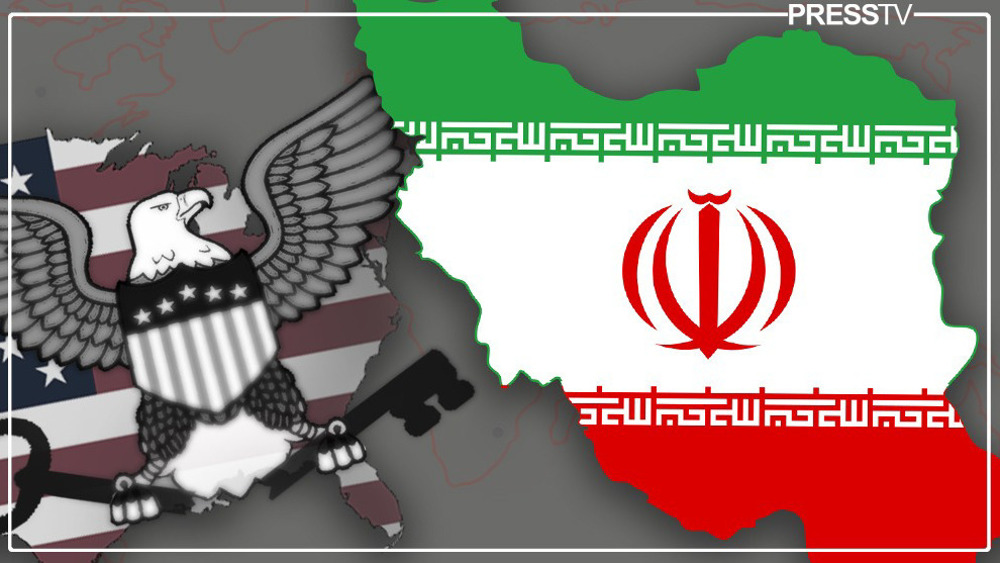
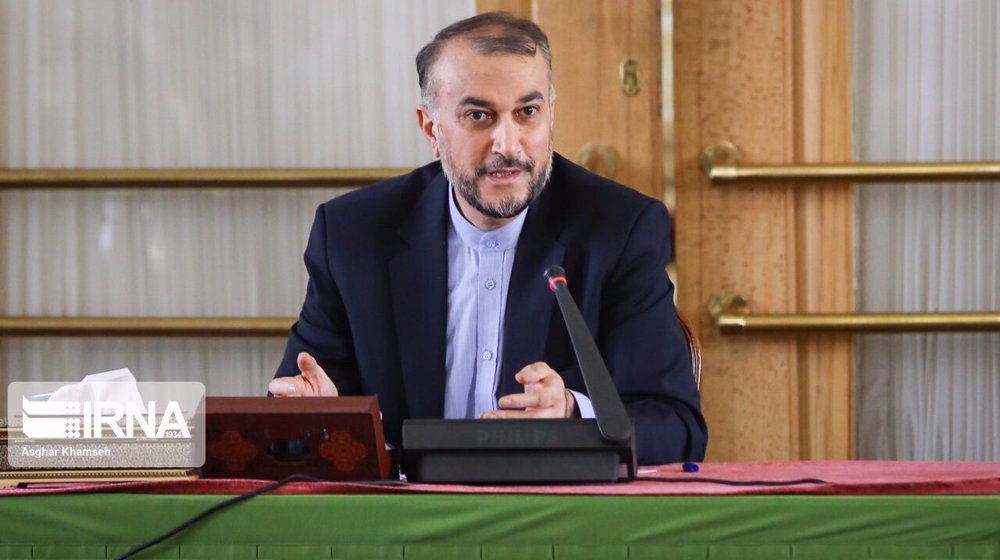

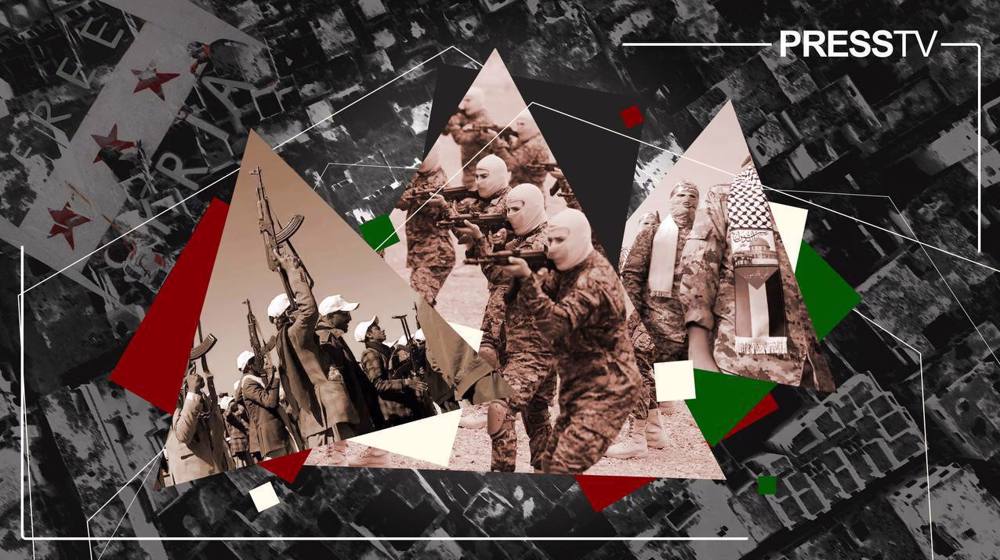
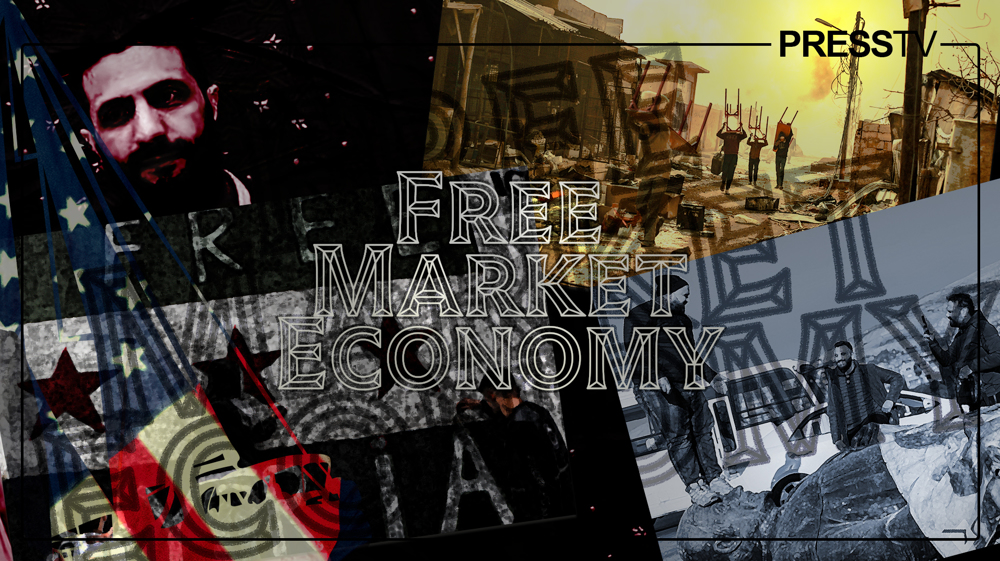



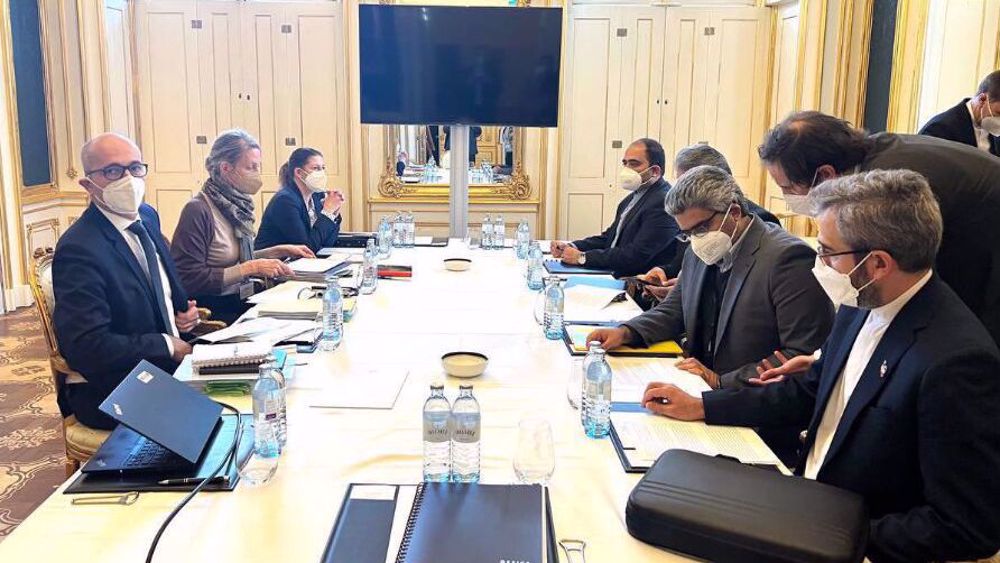
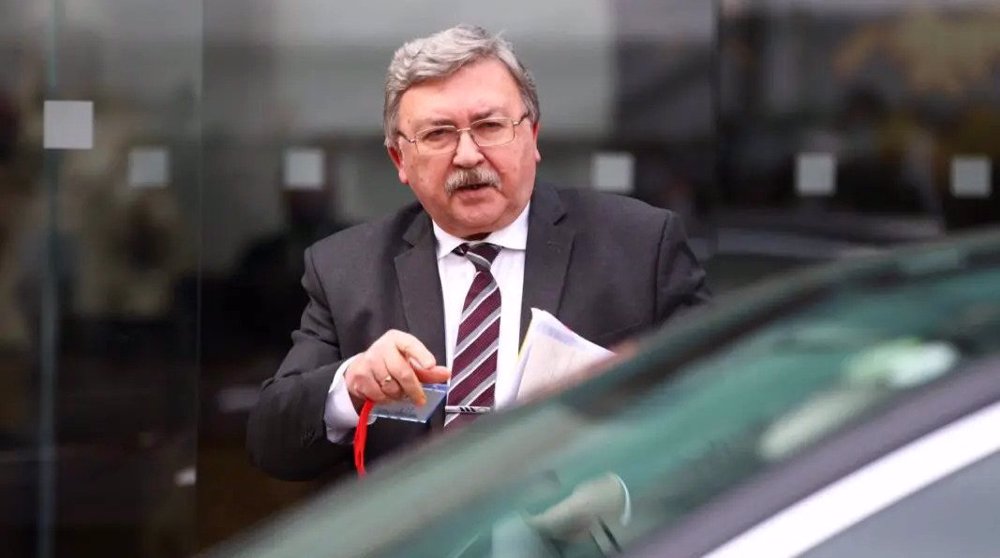
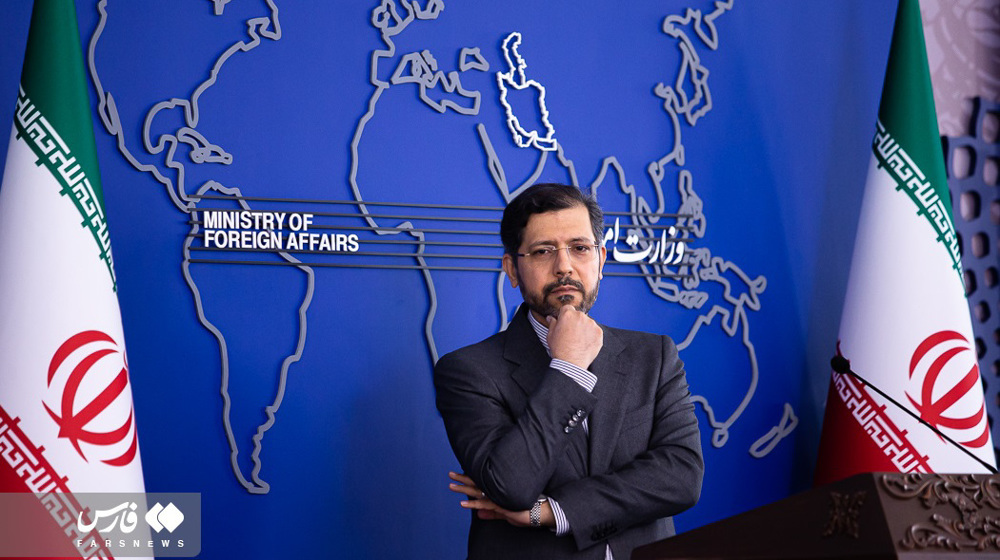
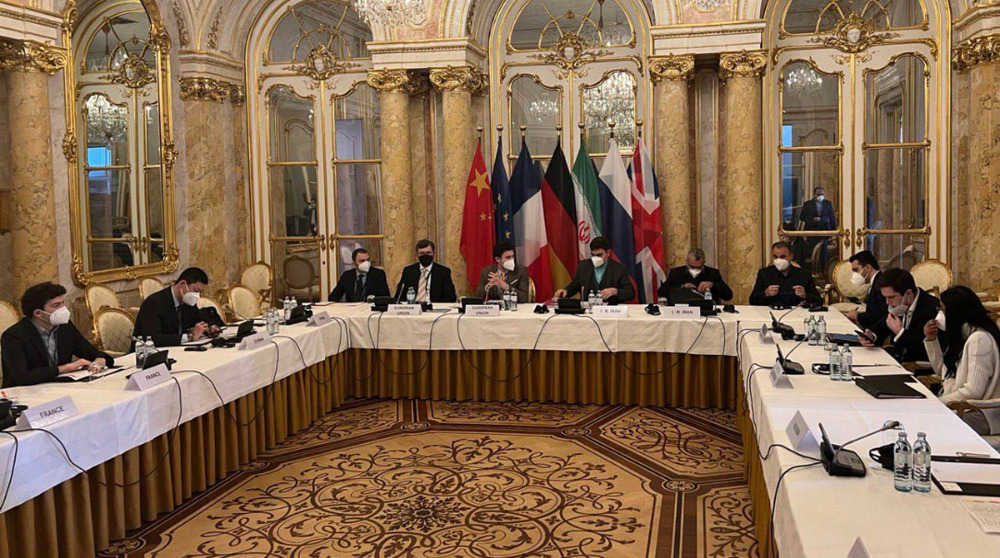
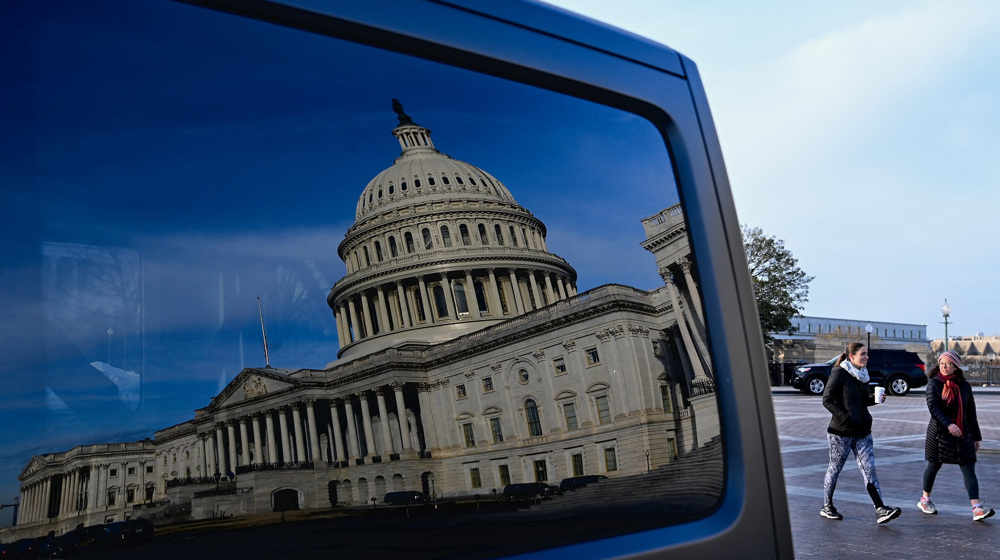
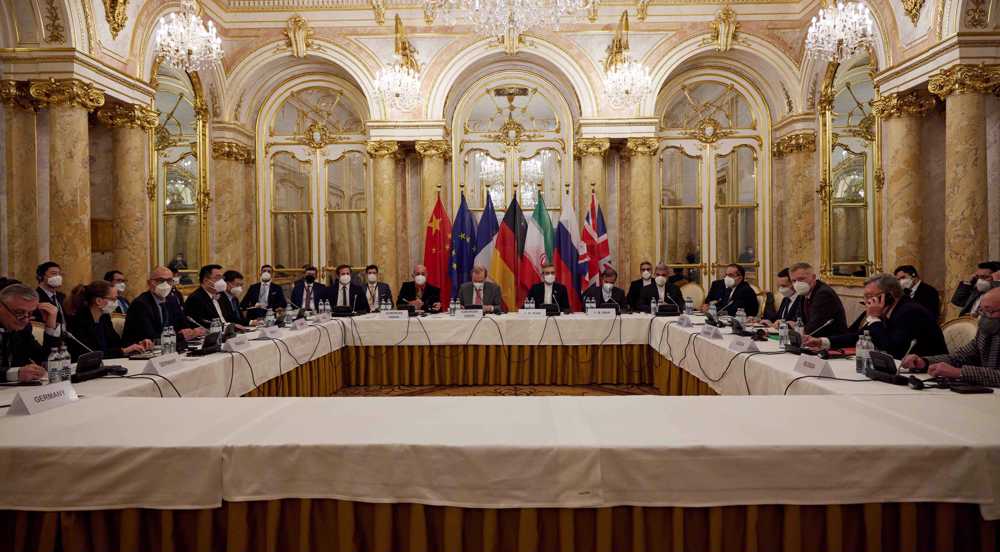

 This makes it easy to access the Press TV website
This makes it easy to access the Press TV website